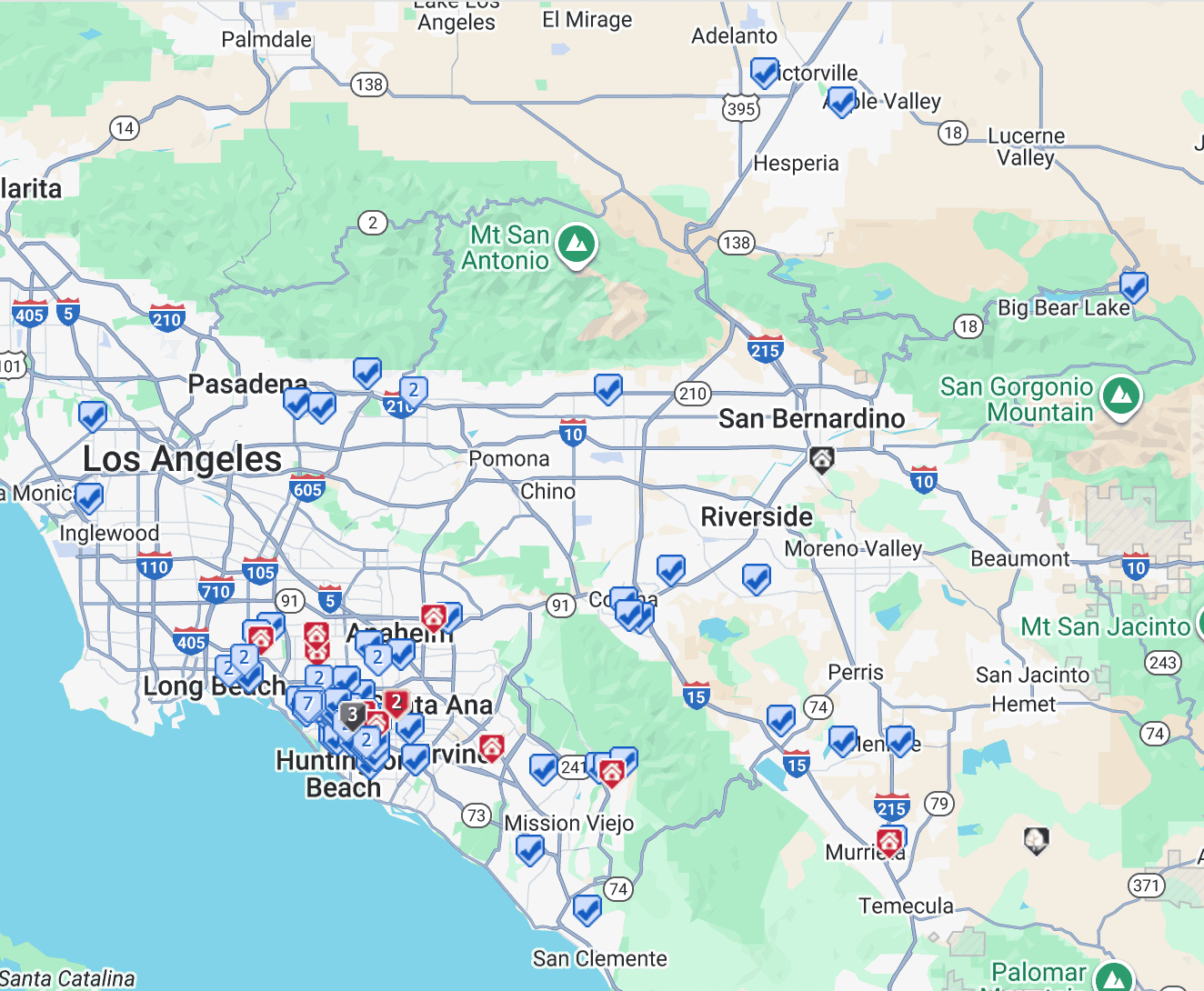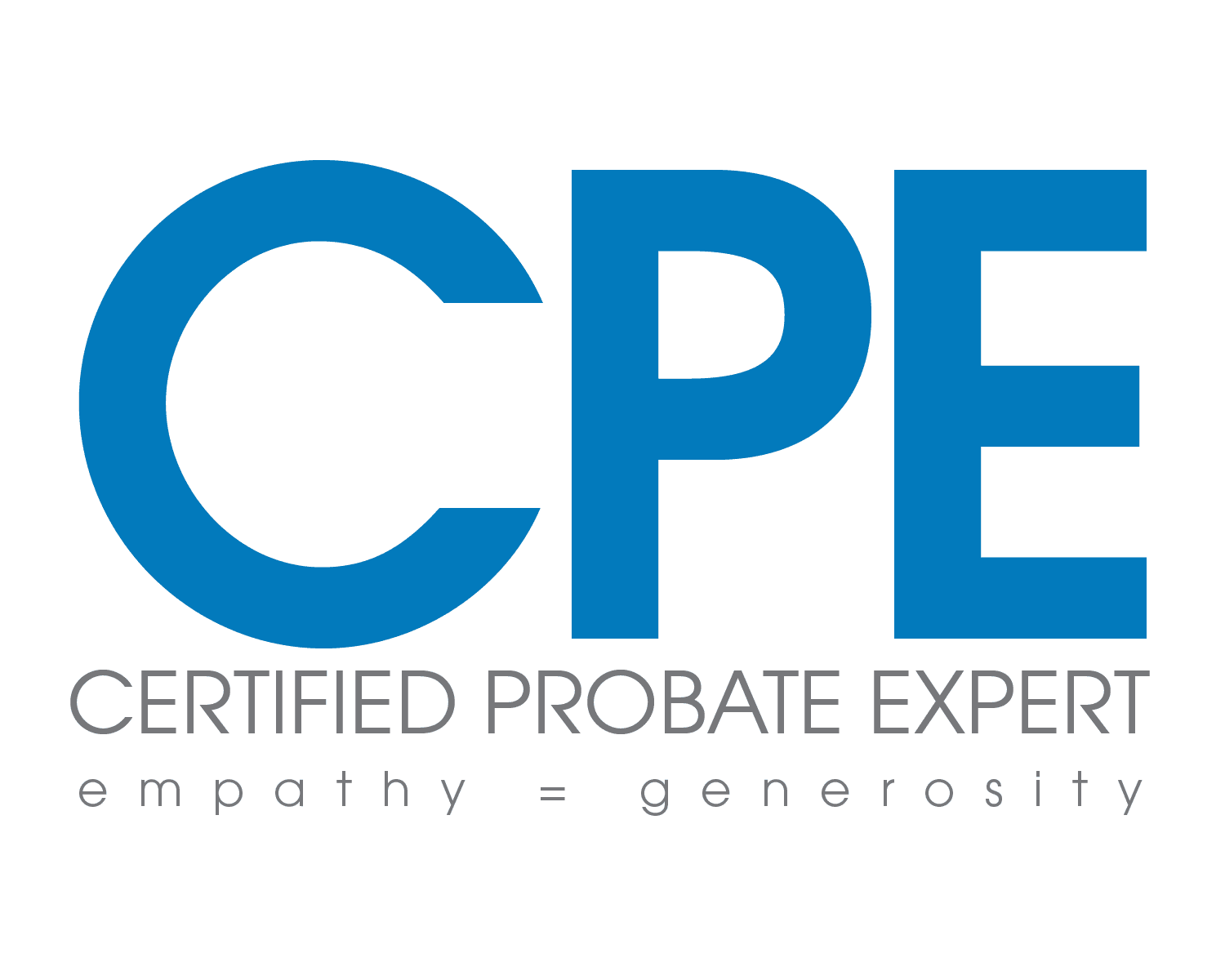
The passage of California Proposition 19 meant substantial changes to the manner in which real property is reassessed in California. These changes brought greater flexibility to certain property owners who are over 55 or the victims of natural disasters but means greater restrictions on certain intra-family transfers (e.g. parent to child or grandparent to grandchild).
1. Primary Residence Transfers
Under the old law an individual who is over age 55 or who is a victim of a wildfire or natural disaster and who sells his/her primary residence may transfer his/her assessed value in his/her existing primary residence to a new primary residence. This can only be done once per lifetime and only for a replacement dwelling in the same county or in the ten counties that permit inter-county transfers, and only if the purchase price of the replacement residence is equal to or less than the purchase price of the original residence.
Prop. 19, however, provides that these individuals may instead make three transfers per lifetime, in any county in California, and that they may do so for a replacement property with a purchase price higher than the value of the original property. In the latter case, the assessed value for the replacement property will be the assessed value of the original property, plus the difference in value between the original property’s sales price and the purchase price of the replacement property.
2. Intra-Family Transfers
Under the old law, California property tax is assessed based on a property’s purchase price, plus the cost of any improvements to the property. Since the enactment of Proposition 13 in 1978, the assessed value of a property may be increased no more than 2% per year, unless there is a “change in ownership” (e.g., a sale or transfer of the property), in which case the property is reassessed at its current market value at the time of transfer. Exempt from the “change of ownership” rules are certain transfers from parents to their descendants. Parents can transfer to their children (or, in some cases, grandchildren) their principal residence, plus additional real estate with an assessed value of up to $1,000,000, without triggering a reassessment of the property.
With the passage of Proposition 19, however, the ability of parents to leave real property to their children without triggering a reassessment is greatly curtailed. The only transfer that will not constitute a “change in ownership” is one that meets the following criteria:
- The property transferred must be the parents’ principal residence;
- After the transfer to the child, the child must use the property as his/her primary residence; and
- The child’s assessed value will be the parents’ assessed value plus up to $1M; any amount of the current market value over that amount will be subject to reassessment.
Facts for Example 1 and Example 2 below: let’s say that Mom owns her primary residence, which she purchased some years ago. At the time of her death, the residence has an assessed value of $200,000, and is worth $1.7 million. She also owns 4 rental properties, which are currently worth a total of $12 million and which have a total assessed value of $1 million. Assuming a 1.25% property tax rate, Mom pays $2,500 in property taxes on her residence each year, and $12,500 for the rental properties, for a total of $15,000 a year in property taxes.
Example 1
Old law under Prop 58; if Mom transfers the primary residence and the rental properties to her son, Edward before February 15, 2021, the transfer of the primary residence is protected in an unlimited amount, and the $1 million in assessed value of the rental properties is protected. There will therefore be no reassessment, and Edward will pay the same property taxes that Mom did - $15,000, increasing by no more than 2% per year.
New Law under Proposition 19; the results are very different. If Edward intends to live in the residence, his assessed value for that property will be calculated as follows: The amount protected from reassessment is $200,000 (Mom’s assessed value) plus $1M, for a total of $1.2M. The difference between the current value ($1.7M) and the protected amount ($1.2M) is subject to reassessment. That means that $500,000 (1.7M – 1.2M) is subject to reassessment. Edward now has an assessed value of $700,000 ($200,000 Mom’s assessed value + $500,000 reassessment). The property taxes will therefore increase from $2,500 to $8,750 a year ($700,000 x .0125). As for the rental properties, Prop. 19 does not provide an exclusion for ANY rental property. Edward will therefore have an assessed value of $12,000,000. The property taxes on the rental properties will therefore increase from $12,500 to $150,000 per year. Edward will therefore pay a total in property taxes each year of $158,750 on properties with a total current value of $13,700,000 and a total current assessed value of $12,700,000.
Old Law | Proposition 19 |
Primary residence assessed value $200,000 Rental properties assessed value is $1 million (exempt under R&T Code Section 63.1(a)(1)(A)) Rental Properties assessed value $1M (exempt under R&T Code Section 63.1(a)(1)(B)) | Primary residence receives a limited exemption which is current assessed value + $1M (200,000 + $1M = $1.2M). Current Fair Market Value ($1.7M) less limited exemption ($1.2M) = 500,000, which is reassessed. Child’s assessed value is thus $700,000 ($200,000 Mom’s assessed value + $500,000 reassessment). Rental properties receive no exemption and are reassessed to their FMV of $12 million |
Assessed value is $1.2 million, total same as mom’s | Child’s new assessed value is $12.7M (700k for primary residence + $12M rental properties) |
Property tax under old law would be $15,000 | New Property tax is $158,750! |
Example 2
If Edward does not intend to live in the primary residence, the assessed values for the residence and the rental properties will total $13.7 million, and he will pay $171,250 in property taxes each year.
Old Law | Proposition 19 |
Same as Example above. Primary Residence assessed value $200,000. Rental Properties assessed value is $1 million (exempt under R&T Code Section 63.1(a)(1)(A)) Property #2 assessed value $1M (exempt under R&T Code Section 63.1(a)(1)(B)) | Primary residence and Rental properties will be reassessed to the fair market value because of the requirement the property be mom/dad’s primary residence and son’s/daughter’s primary residence after transfer, respectively. |
Assessed value is $15,000, total, same as dad’s | Assessed value is $13.7 million total ($1.7M for primary residence +$12 million for the rental properties) |
Property tax under old law is $15,000 | Property tax is $171,250! |
A child wishing to claim the exemption must do so by declaring the property to be his/her primary residence within one year of the transfer. This deadline may not be extended.
More detailed info from California State Board of Equalization:








